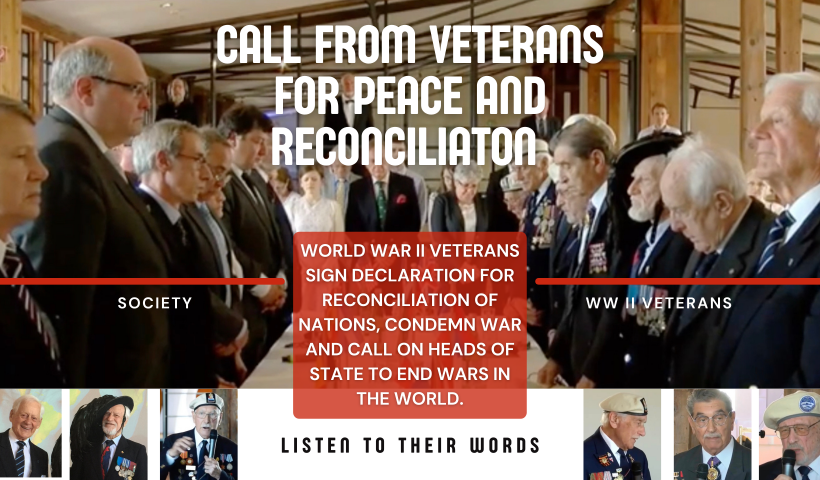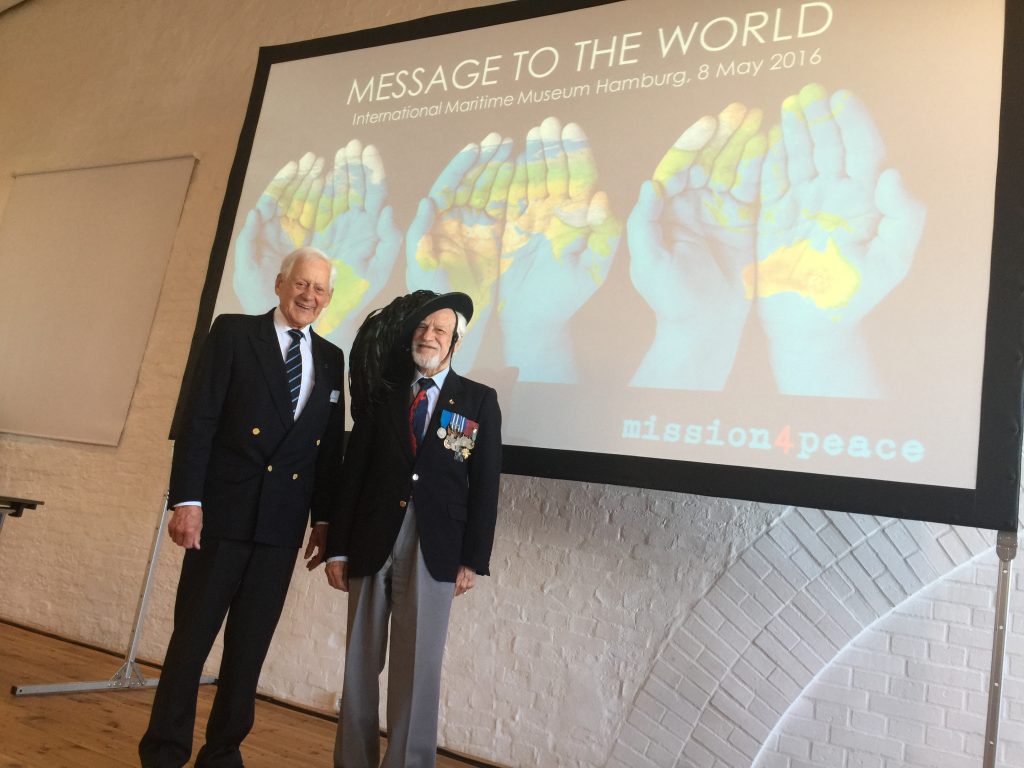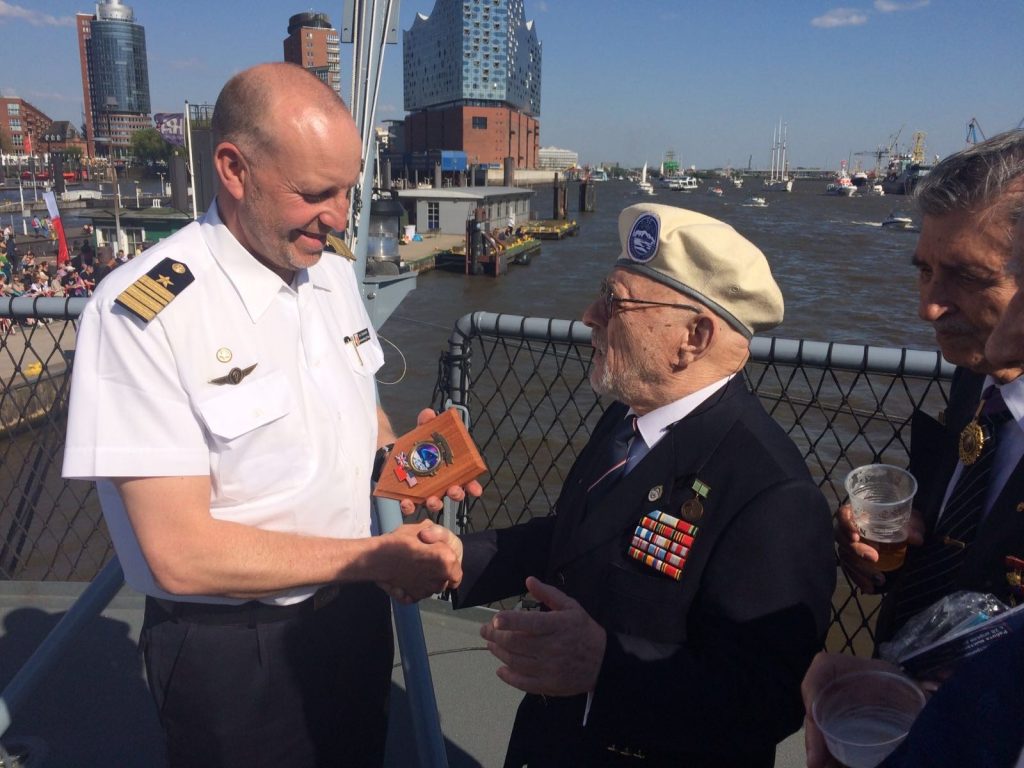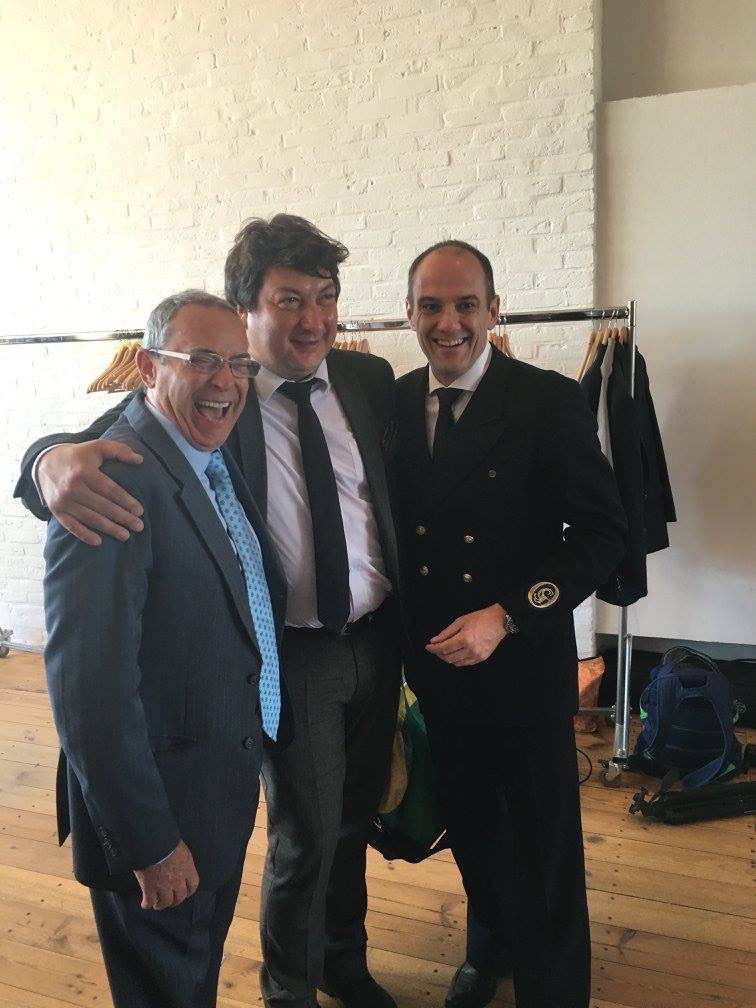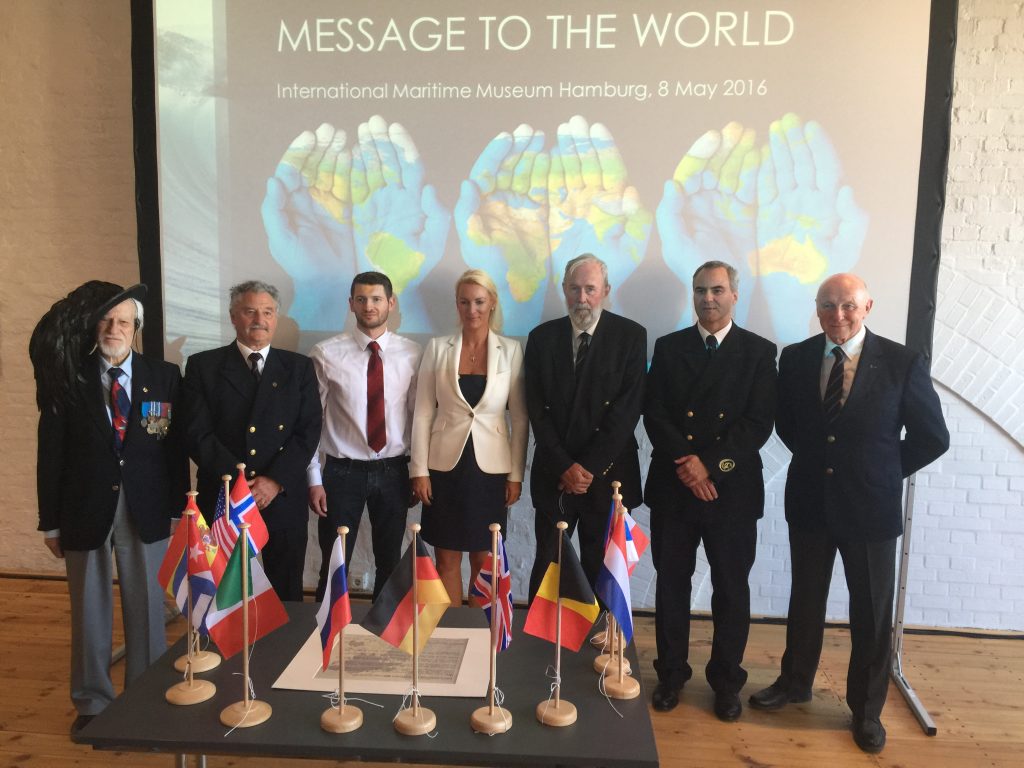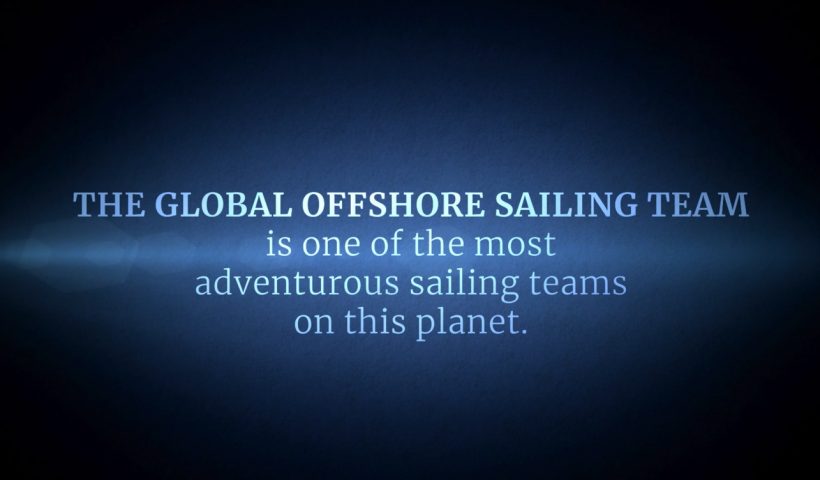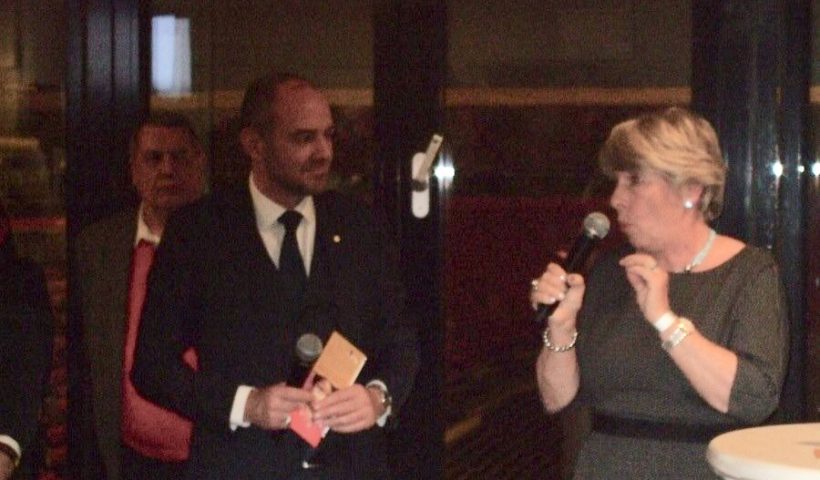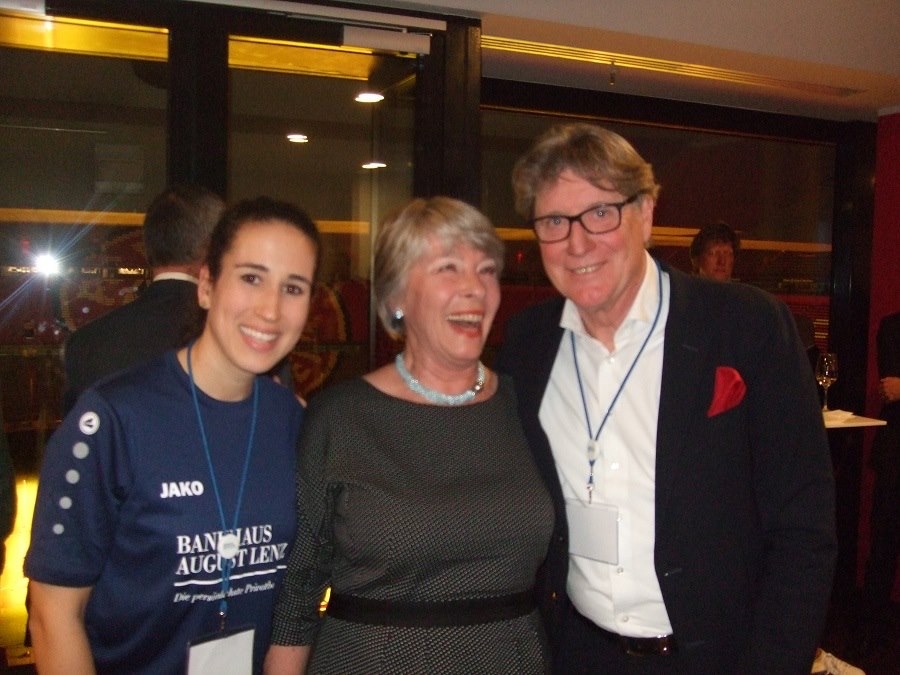Join the Global Offshore Sailing Team (GOST) aboard the Black Sea Dragon on an enlightening voyage exploring the critical role of maritime routes in global food security. This remarkable expedition has successfully accomplished its goals, shedding light on the essential nature of these oceanic highways in facilitating the transport of crucial foodstuffs, linking continents, and supporting millions who face the daily threat of hunger.
The Fragile Interconnectedness of Global Food Systems
Throughout the journey, the crew encountered and overcame numerous challenges, including the harrowing Suez Canal blockage. Such events starkly reveal the fragile interconnectedness of our global food system and the dire consequences of disruptions in these vital sea routes. The expedition underscores the pressing need for resilient infrastructure and international cooperation to maintain the flow of goods essential for global food security.
African Nations and the Dependence on Imported Wheat
A key focus of the expedition was the dependence of African nations on imported wheat. Many African countries rely heavily on imports to meet their food needs due to local production shortfalls caused by various factors such as climatic conditions, political instability, and economic challenges. The Black Sea Dragon’s journey highlighted how disruptions in maritime transport can exacerbate food insecurity, leading to shortages and spikes in food prices.
The Impact of Maritime Transport on Food Security
Maritime transport is the backbone of global food security, enabling the efficient and cost-effective movement of large quantities of food commodities from surplus regions to areas facing deficits. For example, wheat, a staple food for over 35% of the world’s population, is predominantly transported by sea. Any disruptions in these routes can have severe repercussions, particularly for nations heavily reliant on imports.
The Suez Canal Blockage: A Case Study
A vivid example of the impact of blocked sea routes on global food security is the Suez Canal blockage caused by the container ship Ever Given in March 2021. The blockage, which lasted six days, delayed the passage of over 300 ships, including vessels carrying critical food commodities. This incident highlighted the canal’s crucial role in stabilizing global food prices and availability, underscoring the vulnerability of our food systems to logistical disruptions.
GOST’s Initiative and Its Global Impact
Celebrating its 25th anniversary, the Global Offshore Sailing Team (GOST) leveraged the “Black Sea Dragon” expedition to raise awareness about the importance of open sea routes for food security. “We aim to underscore the significance of uninterrupted sea routes not only for food security but also for fostering international understanding,” stated Jochen Werne, GOST co-founder.






































Through the expedition, GOST illustrated how essential stable and secure maritime corridors are to global peace and prosperity. This journey symbolizes hope and a shared responsibility in fostering a just and equitable world.
The Strategic Significance of the Bosporus and Turkey’s Role
The Bosporus Strait is a critical segment of the Turkish Straits, serving as a vital route for the transport of oil, natural gas, and agricultural products. Turkey’s role in maintaining the safety and openness of the Bosporus is paramount, contributing significantly to global trade, energy security, and food accessibility worldwide. By ensuring the efficient flow of goods through this strategic passage, Turkey plays a crucial role in the broader goal of achieving global food security.
Collaborative Efforts in Advancing SDG Goal 2: Zero Hunger
Programs like the World Food Program (WFP) and the Africa First Network play pivotal roles in advancing SDG Goal 2: Zero Hunger. These organizations work tirelessly to address the multifaceted challenges of hunger and food insecurity through initiatives such as emergency food aid, school feeding programs, and improving food security in regions affected by conflict and natural disasters. Their efforts demonstrate the power of global and regional cooperation in moving closer to achieving Zero Hunger.
Conclusion
The integrity of maritime transport routes is not merely an economic issue but a cornerstone in the battle against global hunger. Disruptions in sea routes can lead to severe food shortages, affecting nutritional health, educational outcomes, and economic productivity. International cooperation and stable geopolitical relations are essential to safeguard these lifelines. By maintaining these vital connections, the international community moves closer to fulfilling the basic human right to food, ensuring no one goes hungry and promoting equitable resource distribution worldwide.
We encourage individuals, communities, and organizations worldwide to draw inspiration from GOST’s legacy and engage in their own acts of peaceful diplomacy. Join us in advocating for a world where maritime routes continue to serve as lifelines for global prosperity.
🌊 #GlobalFoodSecurity #MaritimeRoutes #SustainableFutures #BlackSeaDragon
If you find this journey impactful, please like and share this article to spread awareness about the importance of maintaining open sea routes for a food-secure world!


